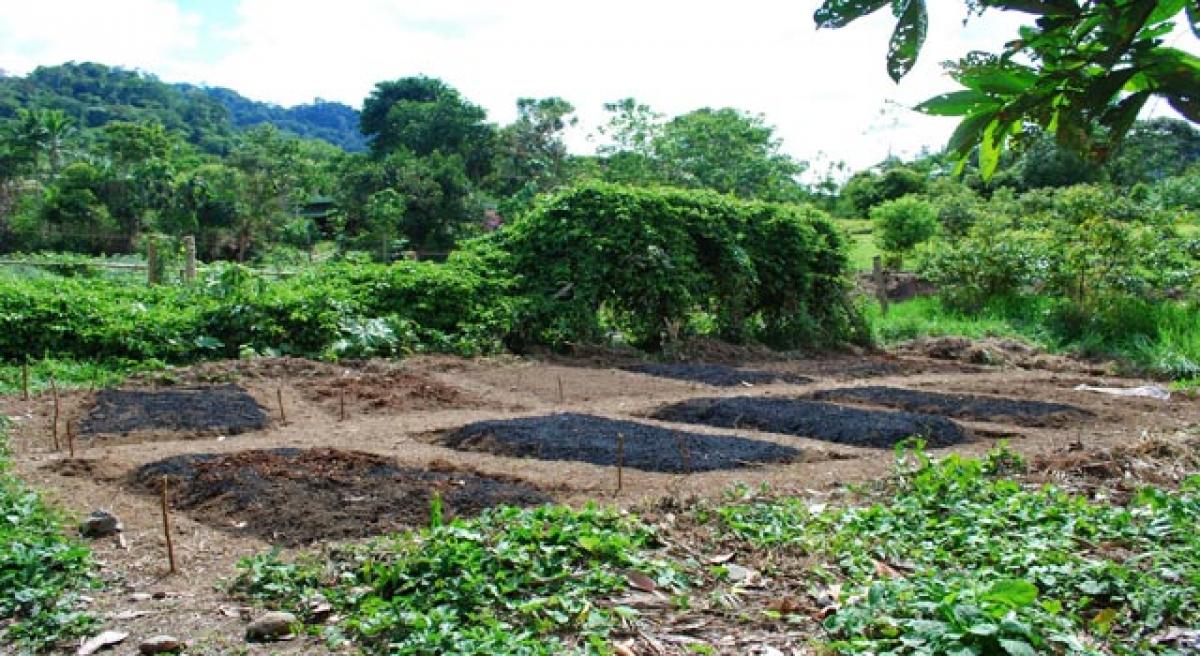Live
- Visakhapatnam: YSRCP candidates file nominations amid fanfare
- Vizianagaram: Aditi Gajapathi Raju files nomination papers
- Visakhapatnam: Summer special trains to clear extra rush
- Nagarkurnool: Theft in Lakshminarasimha swamy temple
- Gold rates in Hyderabad surges, check the rates on 25 April 2024
- Gold rates in Delhi surges, check the rates on 25 April 2024
- Gold rates in Vijayawada surges, check the rates on 25 April 2024
- Gold rates in Visakhapatnam surges, check the rates on 25 April 2024
- Visakhapatnam: YSRCP candidate Adari Anand Kumar conducts door-to-door campaign
- YS Jagan arrives in Pulivendula, to address in public meeting and file nomination









